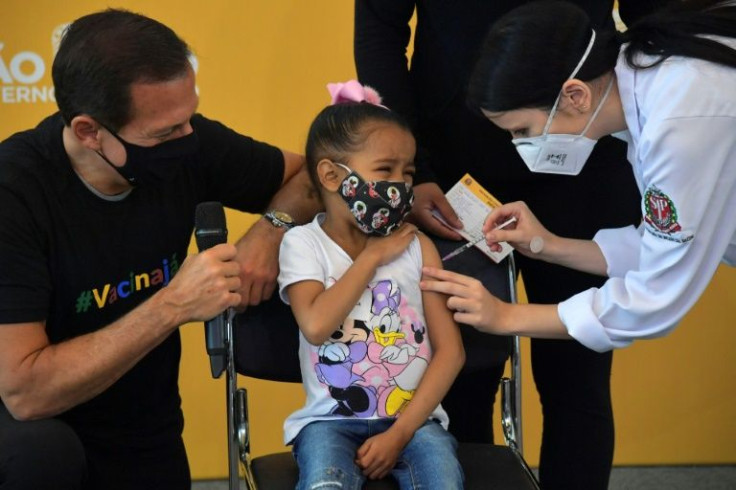COVID-19 Patients Suffer Long-Term Loss Of Smell For This Reason, Study Says
KEY POINTS
- The study was published in journal Nature Genetics on Monday
- Four out of five COVID-19 patients eventually regain their sensory abilities
- However, for many the sense of smell hasn't returned even after six months
Some people infected with COVID-19 face long-term loss of smell due to genetics, a new study has claimed.
The study published in journal Nature Genetics Monday highlighted the genetic risk factor. While the precise cause of sensory loss after being infected by coronavirus is not known, it is believed this happens due to damage to infected cells in part of the nose called the olfactory epithelium – which is found in the nasal cavity. These cells protect olfactory neurons, which help humans smell.
However, not all COVID-19-infected patients suffer from loss of smell and taste. According to research, four out of five COVID-19 patients eventually regain their sensory abilities. But, some complained the sense of smell hadn't returned six months after becoming infected, Sky News reported.
The study, conducted by biotechnology and genomics company 23andMe, looked at COVID-19 patients in the U.S. and the U.K. Out of the 69,841 of those assessed during the research, 68 percent people reported loss in smell and taste. The study did not reveal how many were from each country.
After comparing the genetic differences between those who lost their sense of smell and those who reported that they did not suffer this symptom, the team found a region of the genome associated with this condition that's situated near two genes, UGT2A1 and UGT2A2.
"It was this really beautiful example of science where, starting with a large body of activated research participants who have done this 23andMe test, we were able to very quickly gain some biological insights into this disease that would otherwise be very, very difficult to do," Adam Auton, vice president of human genetics at 23andMe and the lead author of the study, said.
While it's unclear how UGT2A1 and UGT2A2 are involved in this process, scientists speculate the genes "may play a role in the physiology of infected cells" and the resulting loss of abilities in smell and taste. The findings could help in outlining treatments for those affected by loss of senses after being infected by COVID-19.
According to NBC News, as many as 1.6 million people in the U.S. are still unable to smell or have experienced a change in their ability to smell six months after being infected.

© Copyright IBTimes 2024. All rights reserved.











